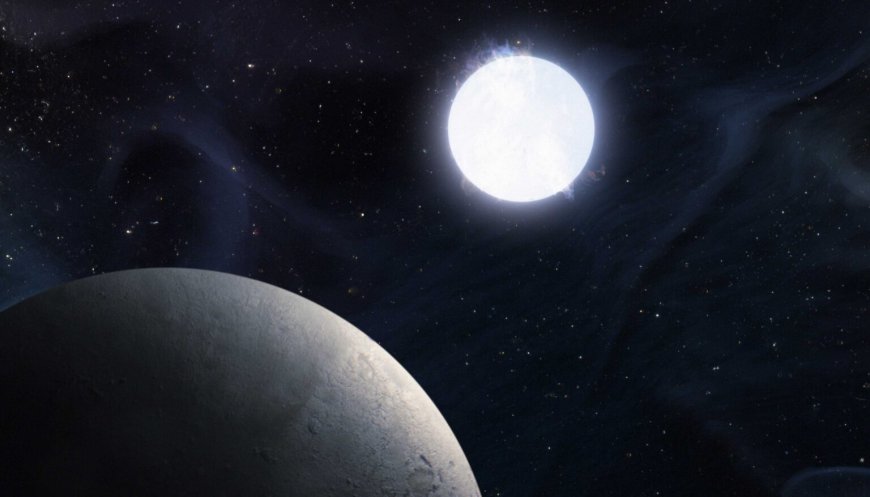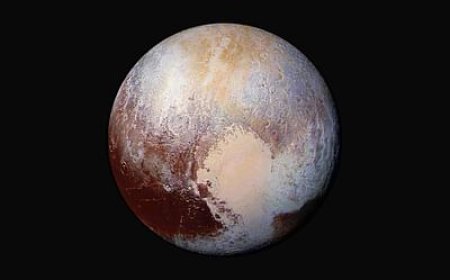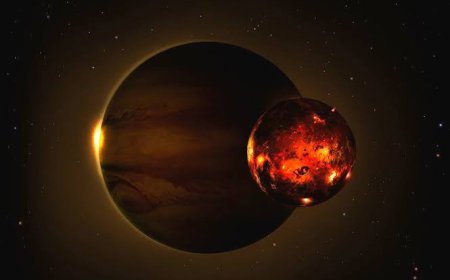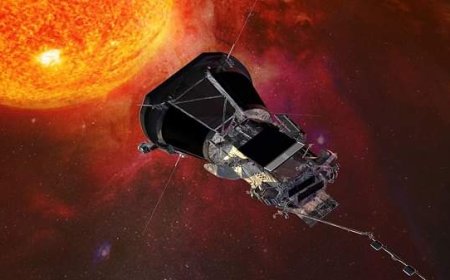Astronomers have discovered a different kind of rocky planet
Astronomers have discovered a different kind of rock at the center of the Milky Way galaxy in the Solar System.

Astronomers have discovered a different kind of rock at the center of the Milky Way galaxy, about 4,200 light-years away from the Solar System.
55 Cancrie or Janssen is about 4.4 times more massive than Earth, with a diameter almost twice that of the planet.
It orbits its star at a distance of one-25th the distance between Mercury, the innermost planet in the Solar System, and the Sun. As a result, its surface temperature is about 3,140 degrees Fahrenheit (1,725 degrees Celsius/2,000 degrees Kelvin).
It is one of the hottest rocky exoplanets, says Brice-Olivier Demery, an astrophysicist and study co-author at the Banus Center for Space and Habitability University in Switzerland.
The planetary system, identified by the University of California, Buckley, as observed with the Keck 10-meter telescope, looks similar to what astronomers would expect for a solar-Earth system: it contains a white dwarf with a mass of about Sun - Earth's size with an orbit twice as large as Earth's today.
Keming Zhang, astronomers at the University of California, USA, said the planet is currently like a frozen Earth. Our Sun will become such a white dwarf in the future.
Many astronomers believe that as the Sun ages, our habitable zone will move outward. As a result, Earth, Earth, and Mars will be destroyed if the Sun becomes a red giant.


















































